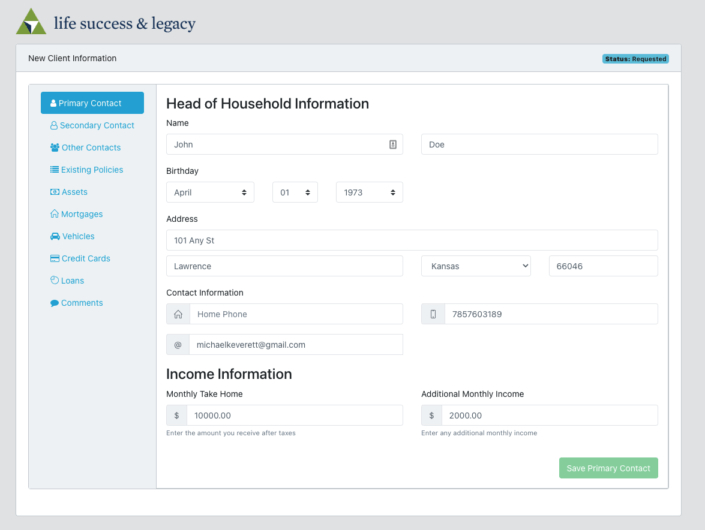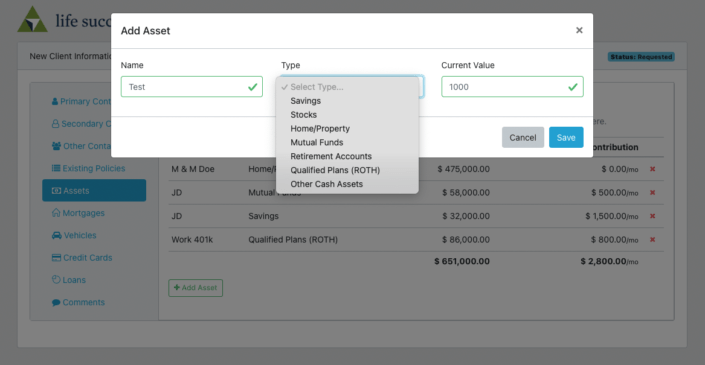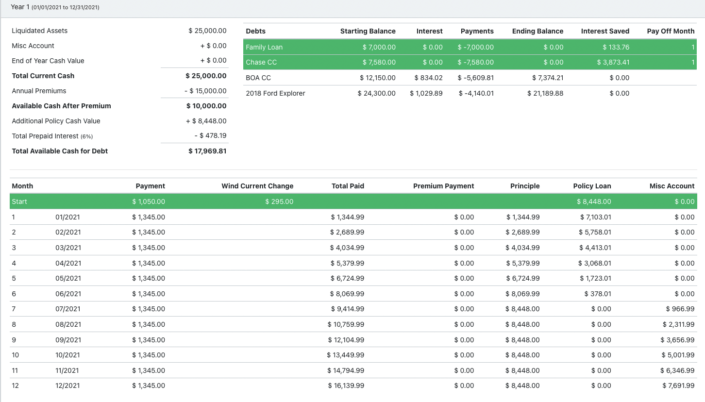In this episode Mike, Chris and Michael discuss a question we get all the time. How does the process work for us when we design strategies as a team on Mondays. Many times people are surprised at the level of detail we go to in order to ensure the strategy is designed as precisely as possible. That’s not to say we always hit the mark, but our teams goal is to create trusting long-term relationships, and that requires us to be detail oriented. We hope you enjoy taking a peek behind the LSL curtain into our process!
Podcast: Play in new window | Download
Subscribe Apple Podcasts | Spotify | RSS






